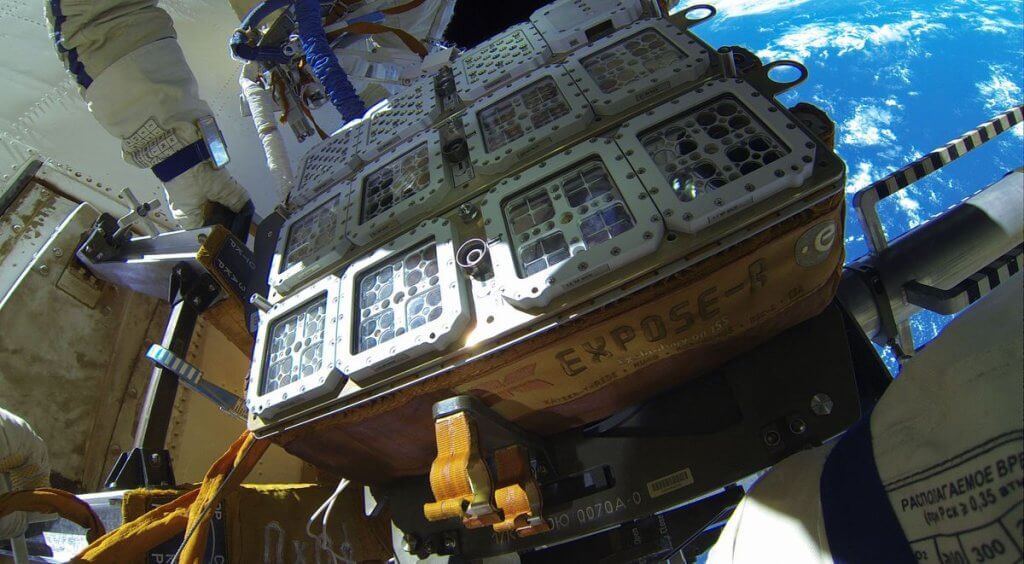
Kombucha on Mars? It could be key for astronauts’ survival off Earth (Image Credit: Space.com)
If the difference between staying on Earth and leaving for the moon or Mars is that you won’t get off-world kombucha, then scientists are working to assuage your fear.
Not only might some of the microbes that help ferment kombucha survive in harsh conditions outside Earth’s atmosphere, but scientists also speculate the organisms could provide future space-dwellers on Mars or the moon with far more than a tasty beverage. These bacteria might help astronauts create the oxygen they need to breathe.
“Due to their ability to produce oxygen and function as bio-factories, this biotechnology could significantly enhance future space missions and human space exploration efforts,” Nicol Caplin, an astrobiologist at the European Space Agency (ESA), said in a statement.
Related: Scientists Send Kombucha to Space in Search for Extraterrestrial Life
Kombucha cultures, which are multi-species mélanges of bacteria and yeast, are key to creating the beverage. Add one such culture to room-temperature sweetened tea and, as long as the tea has plenty of sugar, microbes within will consume those nutrients, multiply and ferment the tea.
Kombucha cultures are already known to survive harsh conditions on Earth, partly because the microbes that make them up stick together and form a resilient mat under adverse temperatures or radiation. In fact, when ESA sent some bacteria found in kombucha cultures to ride on the International Space Station’s exterior for 18 months, scientists observed the organisms repairing their DNA even after damage from cosmic radiation.
And space mission planners care about kombucha (beyond it being a tasty beverage) because the associated microbes can generate oxygen. This means that, if these microbes’ oxygen-making powers can be harnessed in space, astronauts wouldn’t have to generate the life-sustaining element from another source.
So, even though we have never intentionally taken microbes to the moon, successive Artemis program missions might take kombucha cultures with them to test the substance’s mettle.
“I hope to see our [kombucha] samples attached to the Lunar Gateway in the future,” Caplin said, “or perhaps utilized on the surface of the moon and beyond.”





